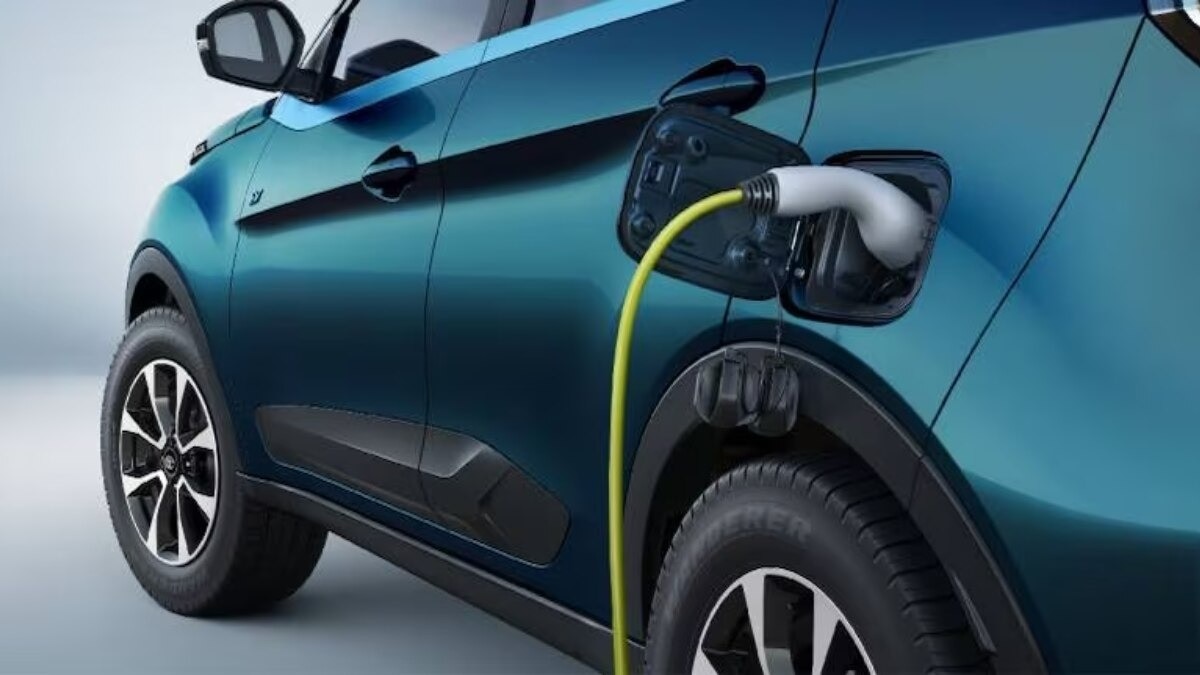The government must bring in tax parity among all advanced battery technologies at par with the lithium-ion batteries and further slashing GST rates to 5% from present 18% to promote clean energy, boost domestic manufacturing, and reduce costs for end-users, said an industry whitepaper.
The whitepaper examines issues under the current GST regime, basic customs duty (BCD) and social welfare surcharge applicable to advanced battery technologies in India and proposes policy recommendations to enhance industry competitiveness and attract investment.
After GST rationalisation in September 2025, lithium-ion batteries as well as other advanced battery technologies (such as sodium-ion and multi-ion batteries) are now taxed at 18% GST rate.
“However, lithium-ion batteries are subject to a preferential BCD rate of 5%, while multi-ion and sodium-ion battery technologies are still subject to a higher BCD rate of 15%. The rate structure does not advance neutrality, equity or economic efficiency, as generally aimed for in tax policy,” noted the whitepaper released at the Indian Venture and Alternate Capital Association (IVCA) Conclave 2025.
IVCA is a not-for-profit, apex industry body promoting the alternate capital industry and fostering a vibrant investing ecosystem in India.
The whitepaper contends that the resulting disparity creates market distortions, thereby disincentivising investment in and adoption of alternative battery technologies.
“Aligning the customs rates and further reducing the GST rates would create a level playing field for different kinds of technologies with different input sources, thereby inter alia encouraging investment in advanced battery technologies which may use more indigenous material and locate more of the supply chain in India,” it said.
India’s growing demand for batteries, driven by its ambitious renewable energy targets and the push for electric vehicle adoption, presents a significant opportunity for the domestic battery manufacturing sector. However, India’s heavy reliance on imported battery cells exposes it inter alia to energy security risks and a trade deficit.
It further says that while aligning with India’s objectives of promoting self-reliance, this would also stimulate growth in related sectors, such as mining, transportation, and chemicals, creating a multiplier effect throughout the economy.
“This would also result in increased and stable tax revenues for the exchequer as Indian companies capture more of the domestic as well as global market for batteries without being overly reliant on lithium-ion battery technology,” it added.


